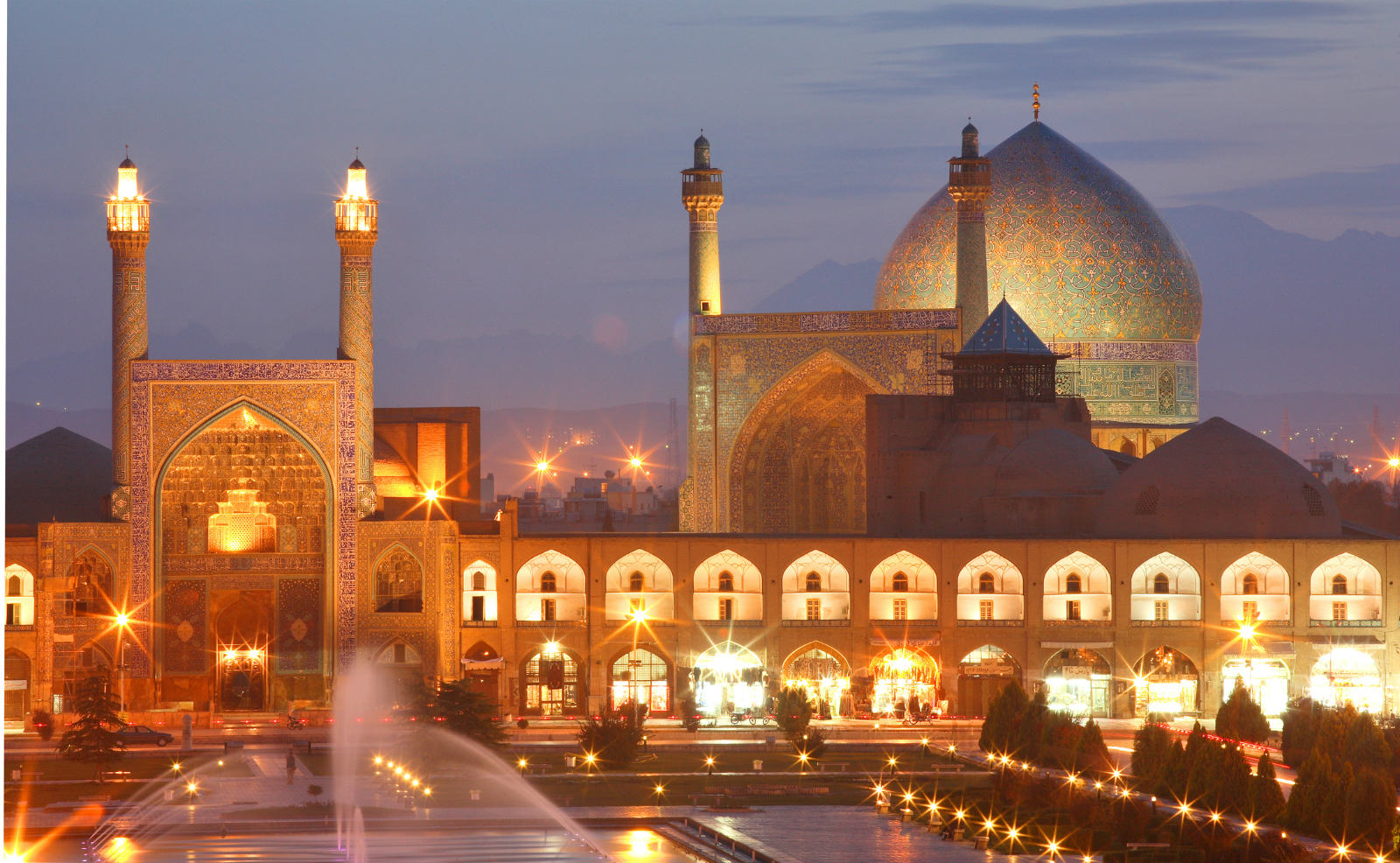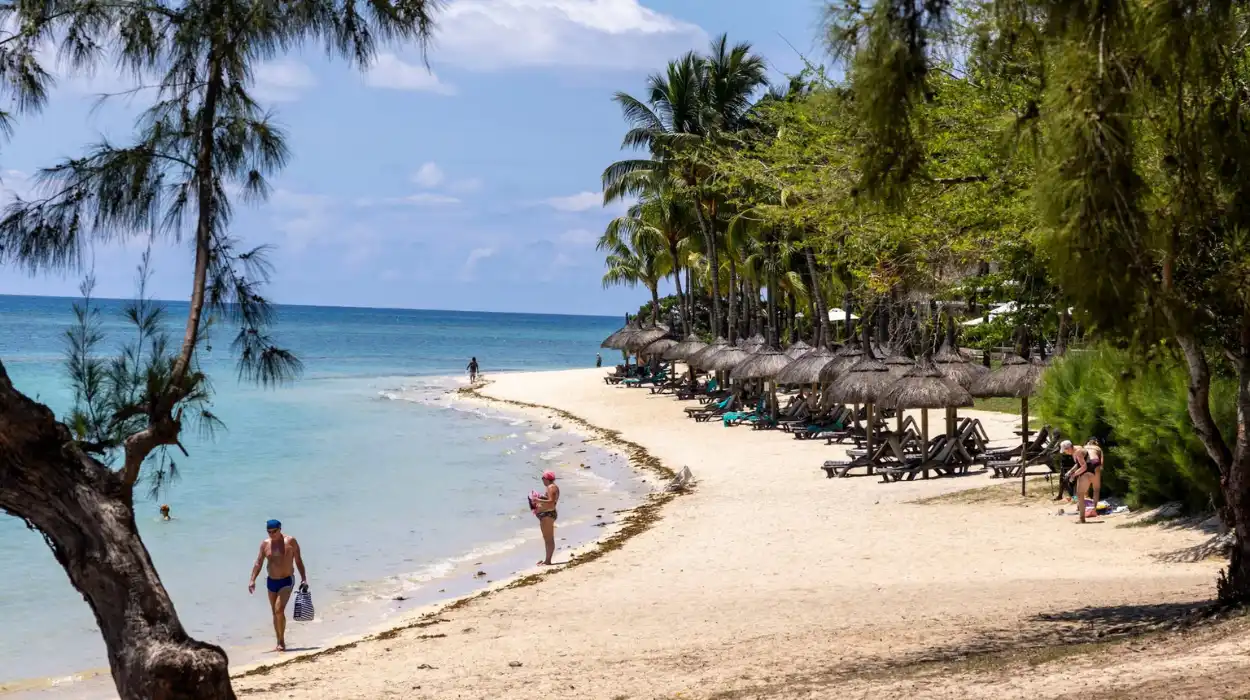
Introduction
Bangladesh, a vibrant nation in South Asia, has recently been in the global spotlight due to its rapid economic growth, demographic shifts, and evolving political landscape. The importance of understanding these developments lies not only in comprehending the challenges Bangladesh faces but also in recognising its potential as a key player in the region and beyond. In light of recent events, examining Bangladesh’s path forward is essential for policymakers, investors, and citizens alike.
Recent Developments
Over the past year, Bangladesh has experienced remarkable economic resilience amid global challenges. The International Monetary Fund (IMF) has projected a growth rate of 6.0% for 2023, driven by the garment industry, remittances, and increasing foreign direct investment. Despite the ongoing global inflation and supply chain disruptions, the country’s export sector, particularly textiles, has shown a robust performance, positioning Bangladesh as the second-largest apparel exporter in the world.
On the political front, Bangladesh has faced turbulence as it approaches the general elections set for early 2024. The political landscape remains troubled with allegations of electoral corruption and violence against opposition parties. Recently, the government has been urged to ensure free and fair elections, especially given the concerns raised by various human rights organisations regarding the treatment of dissent and media freedoms. The signs of simmering political unrest could threaten the stability that the economic gains have fostered.
Social and Environmental Considerations
Another pivotal issue affecting Bangladesh is climate change, with the country being one of the most vulnerable to its impacts. Rising sea levels, cyclones, and severe flooding have wreaked havoc on agriculture and infrastructure. In response, the government has been proactive in developing policies aimed at climate adaptation and disaster resilience, but the need for international support and collaboration remains critical. Bangladesh’s efforts in the climate space have been acknowledged globally, especially as it prepares for the upcoming COP28 summit.
Conclusion
In conclusion, Bangladesh stands at a crossroads, balancing economic opportunities with significant social and political challenges. As the nation gears up for its elections amid concerns of stability, the international community watches closely, anticipating how developments will unfold. The success of Bangladesh in navigating these complex waters will not only shape its future but also significantly impact regional dynamics in South Asia. Investors, policymakers, and global stakeholders should continue to monitor these changes closely, as Bangladesh’s evolution could signal broader trends in emerging markets.
You may also like

Key Developments and Current Events in Iran


An Overview of the Ongoing Situation in Ukraine
SEARCH
LAST NEWS
- Remembering Wendy Richard: The Promise to Co-Star Natalie Cassidy
- How Did Anglian Water Achieve an ‘Essentials’ Rating for Mental Health Accessibility?
- Shai Hope Leads West Indies in T20 World Cup Clash Against South Africa
- What We Know About Weston McKennie: Future at Juventus and Past at Leeds
- What We Know About the Upcoming Live Nation Antitrust Trial